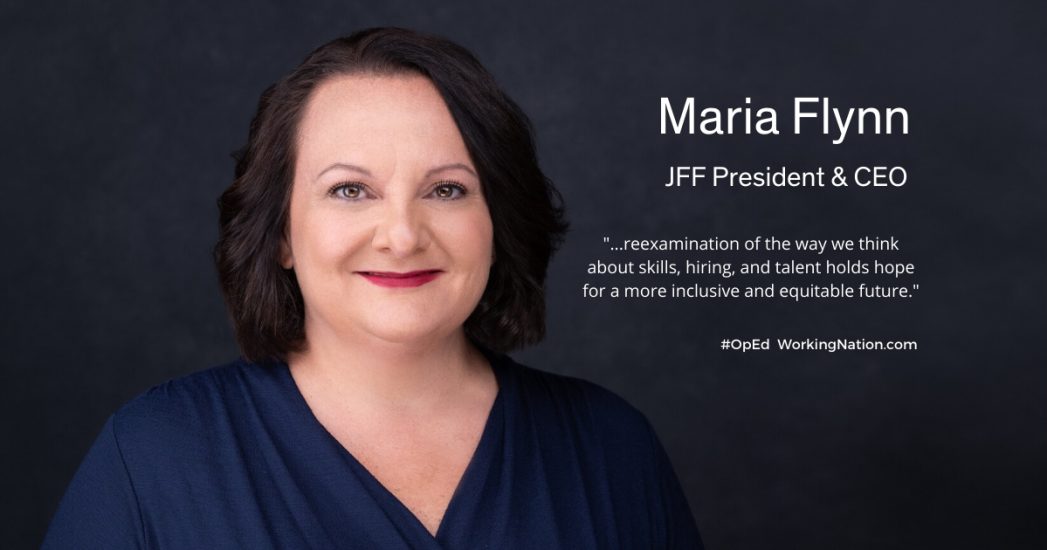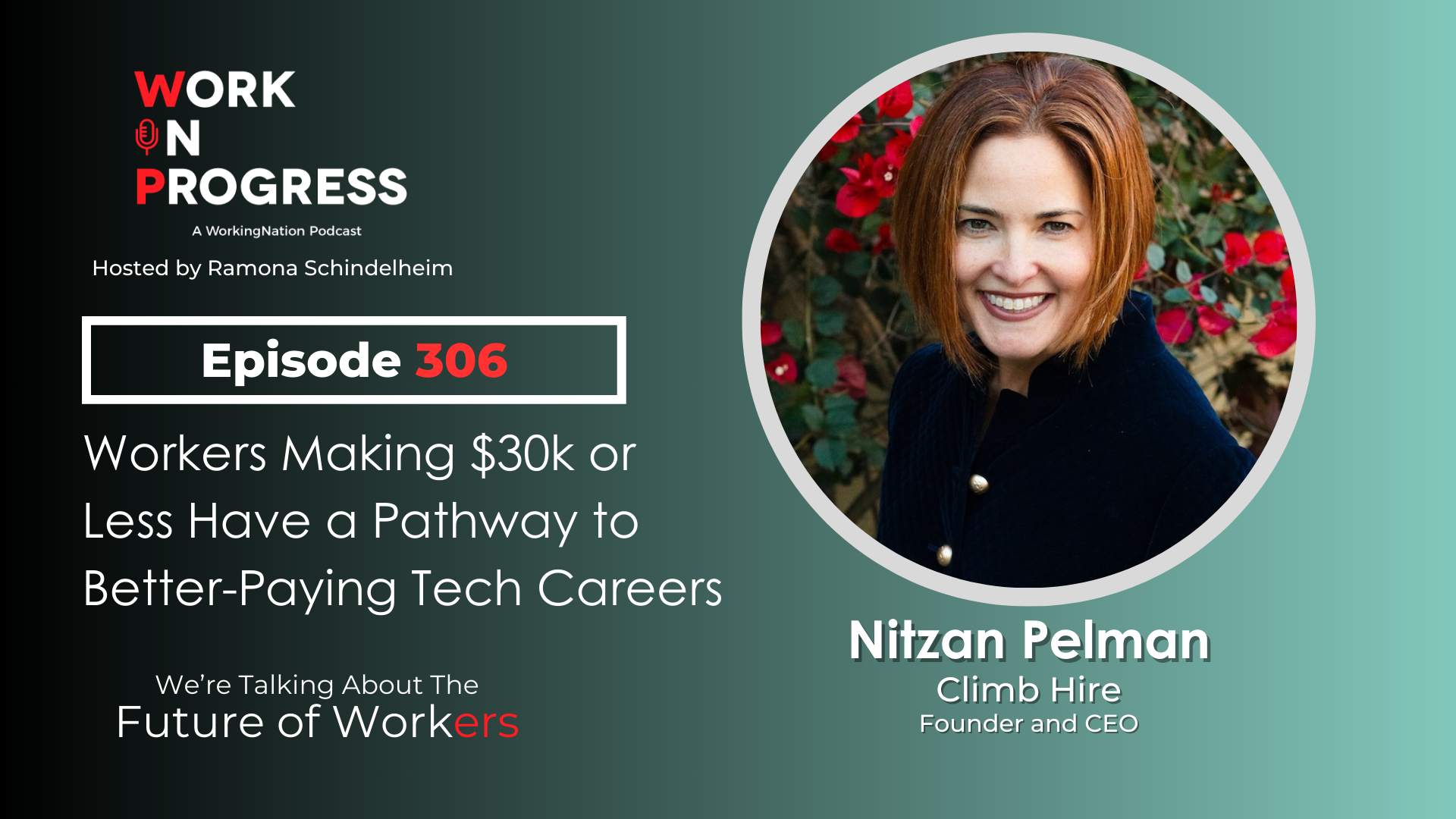
I joined the U.S. Department of Labor in the throes of the 1991 recession, and served as the Division Chief in charge of the U.S. Department of Labor’s network of one-stop career centers in the aftermath of the attacks on September 11, 2001.
Seven years later, I led a workforce nonprofit during the 2008 financial crisis, when one in five workers lost their job—numbers eerily similar to predictions we’re seeing today.
After each of these crises, the economy bounced back, but the benefits of recovery were inequitably distributed.
The Americans first to lose their jobs in a recession are often the last hired in an upswing, and wages rise fastest for workers at the top of the income pyramid during periods of recovery.
The fault lines exposed by COVID-19 were, after all, in existence long before the pandemic took hold. The lowest quartile of American workers entered the coronavirus crisis weakened by decades of stagnant real wages, automation of low-skill jobs, and the erosion of benefits—including health insurance—as the ranks of gig workers grew.
Many of these trends took root following the 2008 downturn when desperate workers accepted any job, only to find that the low wages and limited benefits extended well beyond the economic downturn. As a result, the top one percent captured 85 percent of income growth in the 12 years that followed the 2008 recession. Lower-wage workers were largely left behind.
With good reason, much ink has been spilled in recent days about the fact that economic crises hit frontline workers the hardest. Responding to immediate needs decisively and with humanity should take priority in an era where millions of Americans can’t weather an unexpected $400 expense.
But it is our behavior in periods of economic growth that often exacerbates gaps between economic haves and have-nots. Today’s crisis presents an opportunity to break the cycle of first out, last in that has calcified inequality over successive crises and recoveries.
Three weeks ago, we were in the tightest labor market in 50 years. Restaurants and hotels held emergency meetings to figure out how to hire for key positions. Now, as we confront the possibility of 20 percent unemployment, millions of laid-off workers are looking for jobs.
Although recent research suggests that millions of these workers will have in-demand skills and experiences as the economy recovers, they lack degrees or formal credentials that hiring managers have historically prioritized.
A recent National Bureau of Economic Research working paper discusses the wage inequality non-college workers experienced in the last decade, as demand for college-educated workers in the U.S. increased. The BLS reports that 74 percent of new jobs were in occupations where employers that typically require a four-year college degree, leaving only 26 percent of new jobs available to 62 percent of the population. This demand for college-educated workers in the U.S. may have exacerbated skill and equity gaps in the labor market in recent years.
Important work was already being done to urge the shift toward skills-based education and hiring. The stories and barriers of individuals skilled through alternate routes (or STARs) are well documented. But now is a moment where the equity promise of skills-based hiring has profound relevance and potential.
We have the technology to ensure that the skills and experiences of displaced workers are not lost, as they transition out and then search for new jobs. We must embrace the credentialing of those skills on the way out to create a registry for talent, as a critical component of ethical off-boarding in a moment of crisis.
Doing so now will provide companies that are hiring with a trove of data to identify new workers. It will allow displaced workers with skills to be discovered. It will enable employers that start to hire again to reexamine vestigial talent proxies—like degrees—and adopt new practices to level the playing field for workers from all backgrounds.
What we do during this crisis will be a measure of our commitment, compassion, and humanity. But what we do in response will define what this future will look like for the next generation.
Policymakers, employers, and institutions would be wise to study once-latent fault lines that are more evident than ever. Because a forced reexamination of the way we think about skills, hiring, and talent holds hope for a more inclusive and equitable future.
Maria Flynn is the President and CEO of JFF, a national nonprofit that drives transformation in the American workforce and education systems.











